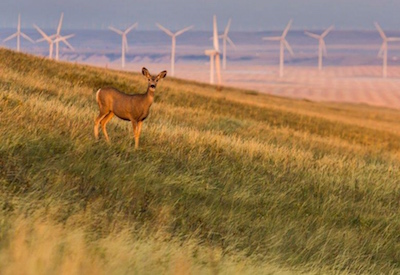Canada Joins International Renewable Energy Agency

Jan 28, 2019
Canada has become the International Renewable Energy Agency (IRENA)’s 160th member to join the global intergovernmental organisation dedicated to the widespread adoption of renewable energy.
“The growing green economy is among the greatest economic opportunities for Canada in a generation,” says Amarjeet Sohi, Canada’s Minister of Natural Resources. “Becoming an IRENA member will accelerate Canada’s efforts to build a clean energy future which will bring new economic growth and thousands of new, well-paying jobs.”
Canada’s membership came on the eve of IRENA’s ninth and largest Assembly, which took place January 10-13 in Abu Dhabi. The Assembly brought together heads of state, ministers, government officials, and representatives from the private sector, civil society and other international organisations to reaffirm the global renewable energy agenda and make concrete steps to accelerate the global energy transition.
“We are delighted to welcome Canada as a new member of the IRENA family,” says IRENA Director-General Emertus Adnan Z. Amin. “Canada has vast renewable energy resource potential and long-standing experience in low-carbon development that it can share through international cooperation.
“We look forward to working with the Canadian government as well as the private sector and research institutions to advance energy transformation. Canada’s membership firmly underscores the leadership it can demonstrate in renewable energy technology, sustainable development and global energy decarbonization.”
Renewable energy accounts for two-thirds of Canada’s power generation and just under 20% of its total final energy supply, thanks largely to significant hydropower resources, which make it the second largest producer of hydropower in the world. Renewable power generation in Canada increased from 78 gigawatts (GW) in 2009 to 99 GW in 2017. In addition to plentiful hydro resources, Canada also has significant wind, biomass, solar, marine and geothermal energy potential. For example, today, wind accounts for 5% of electricity generation in Canada.









![Guide to the Canadian Electrical Code, Part 1[i], 26th Edition– A Road Map: Section 56](https://electricalindustry.ca/wp-content/uploads/2022/11/Guide-CE-Code-2.png)






